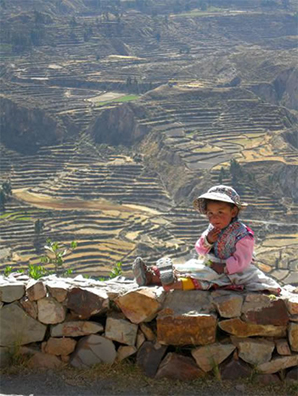An indigenous young girl in Colca Canyon, Peru. In the background are the famed Inca irrigation terraces still in use today.
Click on image for full size
Photograph by Tamara Smith
Kids' Fun and Games - Climate Science from the Southeast Pacific
Not many people have heard of
the Southeast Pacific. That's just the area that includes parts of Peru, Chile, and the Pacific Ocean. Scientists are going to study that area in depth. They will learn about
the climate of that large region. Then they'll be able to understand the Earth's whole
climate system better. There will be a
big team of scientists all working together to make this study a success. They will use many
instruments, even
ships and
airplanes!
And they will write postcards about their exciting experiences! Explore these games and activities to learn more about this interesting study. Most are available in three levels - Advanced, Intermediate, and Beginner. Try Advanced for a real challenge (use the top button bar to change level)!
Fun and Games on Windows to the Universe
 The Clouds and Atmosphere Word Search
The Clouds and Atmosphere Word Search
 Crossword Puzzle - Climate Science from the Southeast Pacific
Crossword Puzzle - Climate Science from the Southeast Pacific
 Crossword Puzzle - General Climate
Crossword Puzzle - General Climate
 Crossword Puzzle - Weather
Crossword Puzzle - Weather
 The Motions of the Ocean Word Search
The Motions of the Ocean Word Search
 Learn more about the climate of the Southeast Pacific with our Flash interactive
Learn more about the climate of the Southeast Pacific with our Flash interactive
 More Games on Windows to the Universe
More Games on Windows to the Universe
Fun and Games - Outside Links
 Kidsgeo.com (geography for kids!)
Kidsgeo.com (geography for kids!)
 Many Science Printable Coloring Pages (and more!)
Many Science Printable Coloring Pages (and more!)
 National Geographic Games (and more for kids!)
National Geographic Games (and more for kids!)
 Web Weather for Kids (games, activities, information for kids!)
Web Weather for Kids (games, activities, information for kids!)
You might also be interested in:
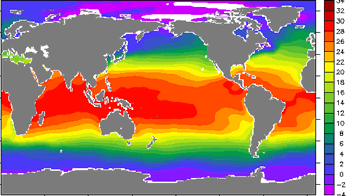
The climate where you live is called regional climate. It is the average weather in a place over more than thirty years. To describe the regional climate of a place, people often tell what the temperatures
...more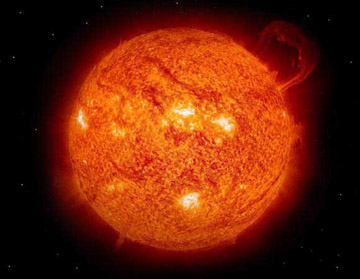
Some of the factors that have an affect on climate, like volcanic eruptions and changes in the amount of solar energy, are natural. Others, like the addition of greenhouse gases to the atmosphere, are
...more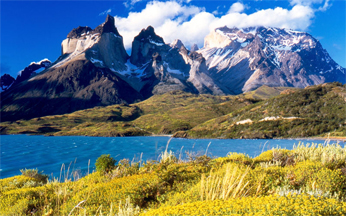
As an educator, you have the challenging task of teaching content that is integrated into other content areas to many students at various learning levels. Hopefully, looking into the VOCALS campaign can
...more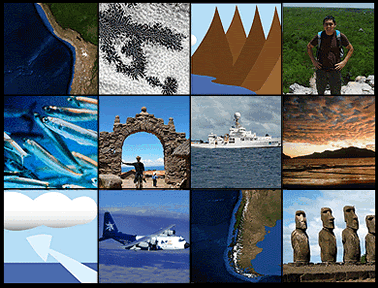
What if you wanted to learn more about the climate of a very large area of the world? What would be involved in studying how the oceans, land, and atmosphere interact? You would need to have a team of
...more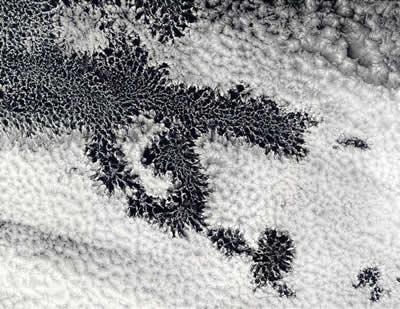
Scientists use lots of data from satellites in the VOCALS field campaign. They also gather data from instruments on ships and on airplanes. When they combine data from satellites, ships, and aircraft,
...more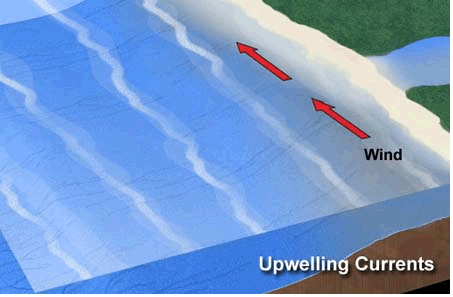
There are many connections between the ocean and the atmosphere in the Southeast Pacific Ocean. Strong winds blow north along the coast of South America. These winds stir up the ocean. That brings cold
...more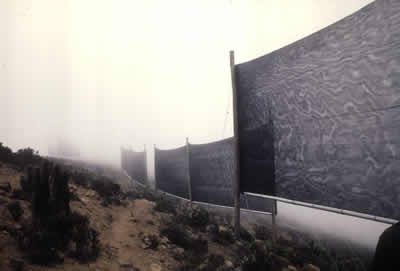
The Atacama Desert is one of the driest places on Earth. The lack of water makes life hard, yet more than a million people live there. One place where people get the water they need to survive is from
...more
 The Clouds and Atmosphere Word Search
The Clouds and Atmosphere Word Search Crossword Puzzle - Climate Science from the Southeast Pacific
Crossword Puzzle - Climate Science from the Southeast Pacific
 Crossword Puzzle - General Climate
Crossword Puzzle - General Climate The Motions of the Ocean Word Search
The Motions of the Ocean Word Search
 Learn more about the climate of the Southeast Pacific with our Flash interactive
Learn more about the climate of the Southeast Pacific with our Flash interactive
 More Games on Windows to the Universe
More Games on Windows to the Universe  Kidsgeo.com (geography for kids!)
Kidsgeo.com (geography for kids!) Many Science Printable Coloring Pages (and more!)
Many Science Printable Coloring Pages (and more!) National Geographic Games (and more for kids!)
National Geographic Games (and more for kids!) Web Weather for Kids (games, activities, information for kids!)
Web Weather for Kids (games, activities, information for kids!)

